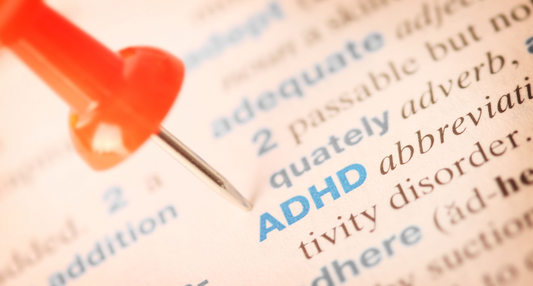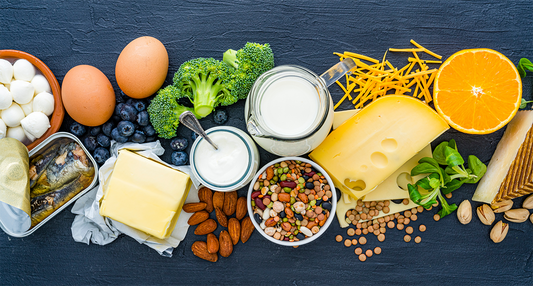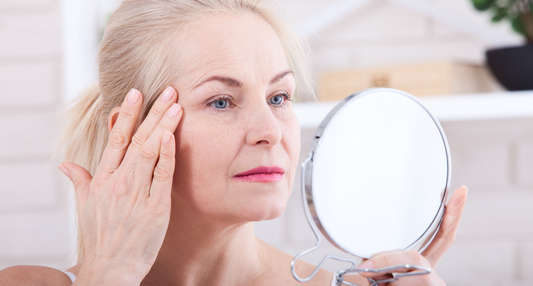Creatine Benefits in Menopause

Share
As part of my personal menopause toolkit, I’ve been focused on increasing my muscle mass by doing more resistance training and prioritizing protein in my meals. I recently began incorporating 5g of a creatine monohydrate supplement into my daily routine in an effort to achieve my goal. This supplement has been shown to help increase energy while performing resistance training, build muscle mass, and make bones stronger. There have been several studies regarding the benefits of creatine supplementation and the benefits we may experience during our menopause journey. Menopause comes with higher risks of osteoporosis and fracture, so it’s important to adopt daily habits that will make our bones stronger. We can do this by engaging in a consistent routine of resistance training and considering supplementing with creatine.
What creatine does for our bodies
Creatine is naturally produced in the body as an amino acid and is present in some of the foods we eat, such as red meat and seafood. It serves as an energy reserve in the body elevating the energy in your muscles by increasing phosphoryl creatine which creates more ATP, the "energy currency" of our cells. As a result, many athletes will take creatine as a supplement right before or after their workout to help build muscle and gain more energy and for active recovery.
Creatine and menopause
Pre and postmenopausal creatine supplementation, on top of a consistent resistance training program, helps build bone mass density and strengthens bones . Studies have shown an increase in bone density, muscle mass, and performance when creatine supplementation is added to a routine of resistance training exercises and a health-centric diet.
Increase in muscle mass
As our bodies enter menopause, estrogen and testosterone decreases, which is a major contributor to loss in muscle, bone mass, and strength in the form of sarcopenia. When performing resistance training and taking creatine consistently, research has shown an increase in muscle mass.
Increase in bone mass
Another benefit when taking creatine is increased bone mass. Creatine supplementation has been shown to reduce inflammation and oxidative stress, while increasing bone formation. In fact, there was a study that showed after 12 months of participating in resistance training program that worked the whole body and taking creatine, people experiencing symptoms of menopause had a reduced rate of bone mineral density loss in the hip region and an increased femoral shaft width which can create greater bone bending strength, along with higher levels of upper body strength.
Optional Loading Phase
A creatine loading phase, taking 20 - 25 grams of creatine daily for 5 - 7 days, can rapidly increase your muscle stores of creatine by 10-40%. After the loading phase, you can maintain your stores of creatine by taking a lower dose of 5 grams daily.
It is up to each individual to decide whether or not to complete a loading phase. Studies show that lower doses of creatine (5 grams) taken once daily can be equally effective at maximizing your stores of creatine, it just may take a bit longer.
As our bodies produce less estrogen through the menopause transition, living a well-rounded lifestyle consisting of regular exercise and an anti-inflammatory pattern of eating like The Galveston Diet, can help us feel stronger, and healthier!
Resources:
- https://pubmed.ncbi.nlm.nih.gov/33800439/
- https://pubmed.ncbi.nlm.nih.gov/31257405/
- https://www.ncbi.nlm.nih.gov/pmc/articles/PMC10210857/
- https://journals.lww.com/acsm-msse/Fulltext/2015/08000/Effects_of_Creatine_and_Resistance_Training_on.5.aspx
- https://www.ncbi.nlm.nih.gov/books/NBK553175/
- https://jissn.biomedcentral.com/articles/10.1186/s12970-021-00412-w









